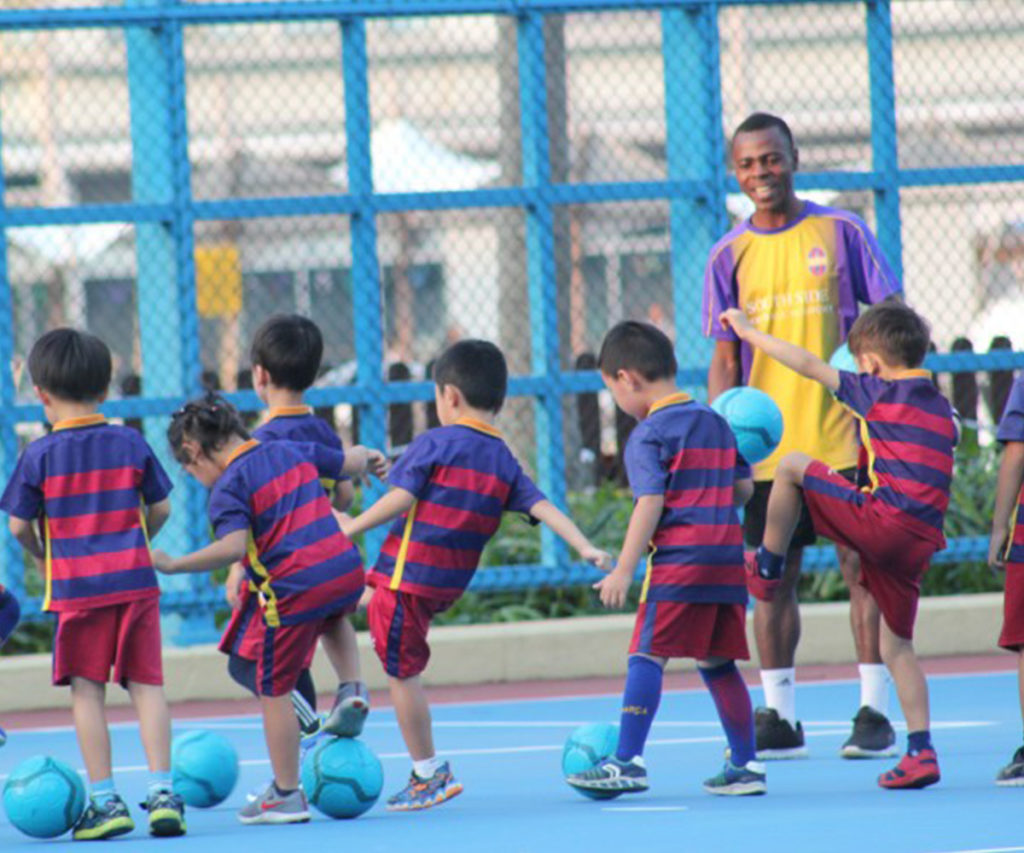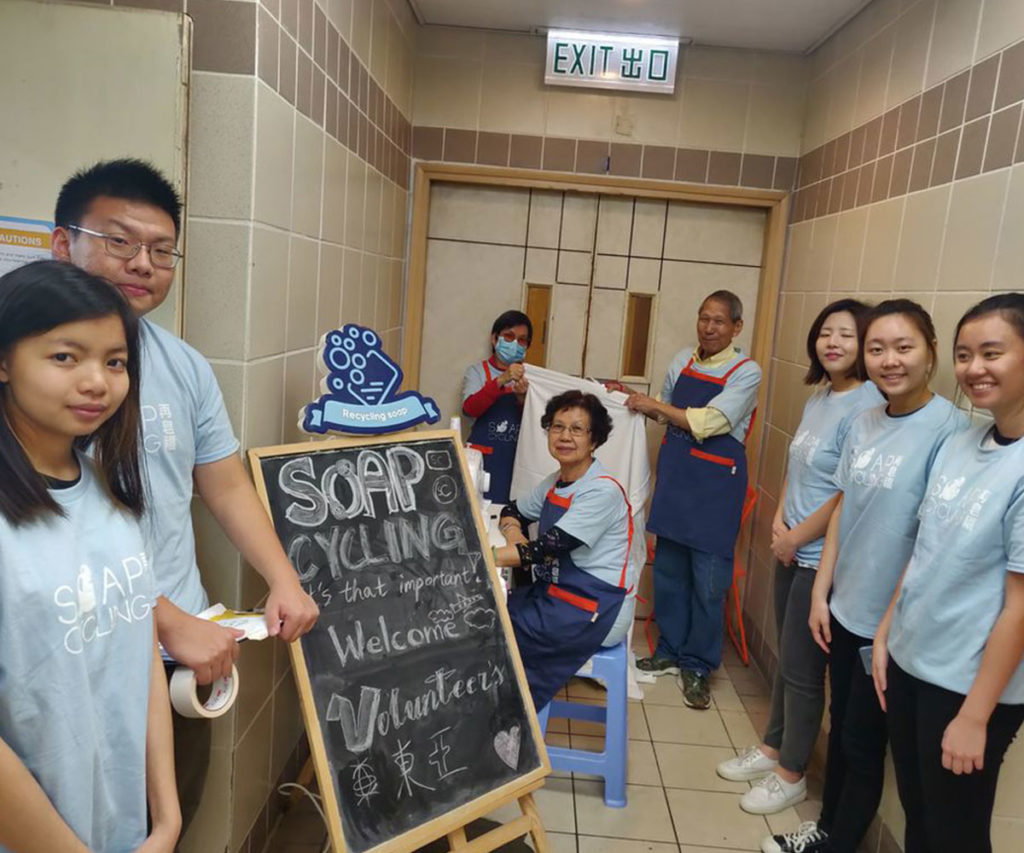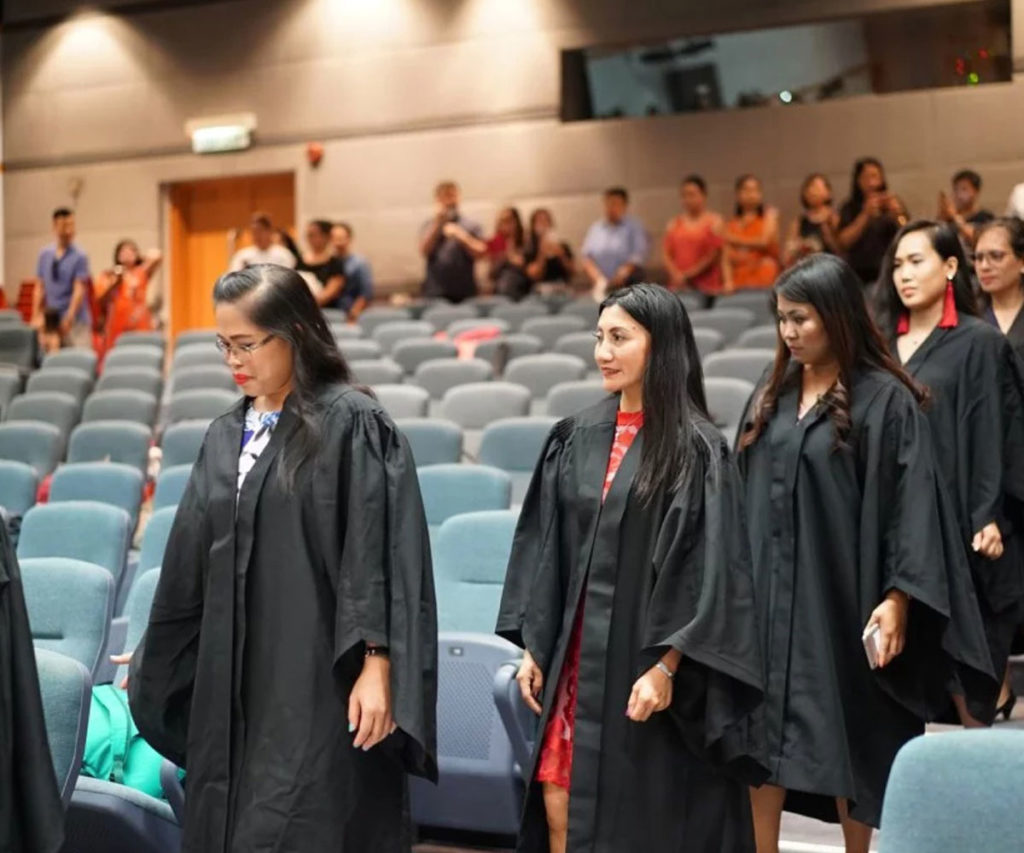As a dedicated partner of FSI’s Mentorship Program for Ethnically Diverse Entrepreneurs since its inauguration in 2022, Africa Center Hong Kong (ACHK) has been empowering under-resourced entrepreneurs from the African community in Hong Kong and connecting us with the entrepreneurs for collaboration and direct business support.
This year, ACHK is celebrating its fifth anniversary and a new space in Jordan. We had a chat with Innocent Mutunga, Founder and Director of ACHK and a returning mentor in our Mentorship Program, alongside two of his colleagues, Tinotenda Muzariri and Pamela Vuyisile Moyo, who are the mentees of our 2024-25 Mentorship Program.
Read the interview to find out why Innocent founded ACHK, the aligned mission of ACHK and FSI, and what the interviewees think makes a truly diverse and inclusive Hong Kong !


Could you tell us a bit about yourself—when and why did you come to Hong Kong? What is your relationship with Africa Center Hong Kong?
Pamela: My name is Pamela and I’m the Program Manager at Africa Center. I studied in Shenyang, China and came to Hong Kong in 2024 to explore the city. I found Africa Center and I was really impressed by the work it does, so I joined the team. I’m the Program Manager, and we have programs with international schools and corporates etc.
Tinotenda: My name is Tino. I came to Hong Kong in 2010 but I only discovered Africa Center in 2021. After joining as an intern and running one or two programs, I noticed the value of what Africa Center is trying to achieve here. I eventually decided to stay, both at Africa Center and in Hong Kong. I’m currently studying for my business management degree at the University of Sunderland here.
At Africa Center, I used to be the Program Manager, until a couple of months ago when I got shifted to the business development side. What prompted me to join Africa Center is that I like the challenge; It takes me out of my comfort zone. Especially as a startup, there’s always uncertainty, and you can never be too sure in terms of where you’re going. Sometimes you just have to think on the spot and figure it out along the way, which gave me that exposure that I am grateful for, especially at my age.
When it comes to business development, it’s a lot more external, more of me going out there, making sure that clients are coming, our reputation is good, and we are achieving what we claim to be achieving. I’m still fairly new, but I think I’m doing well.
Innocent: My name is Innocent Mutunga. I came to Hong Kong from Zimbabwe in 2013. One of the pulling factors for me was Jackie Chan. I’ve been here since then, 11 years and counting. I feel like Hong Kong is an interesting mix of chaos and order, which makes me feel much at home. I couldn’t survive in Japan, too much order. But in Hong Kong, there’s a little bit of chaos, and that brings about opportunities.
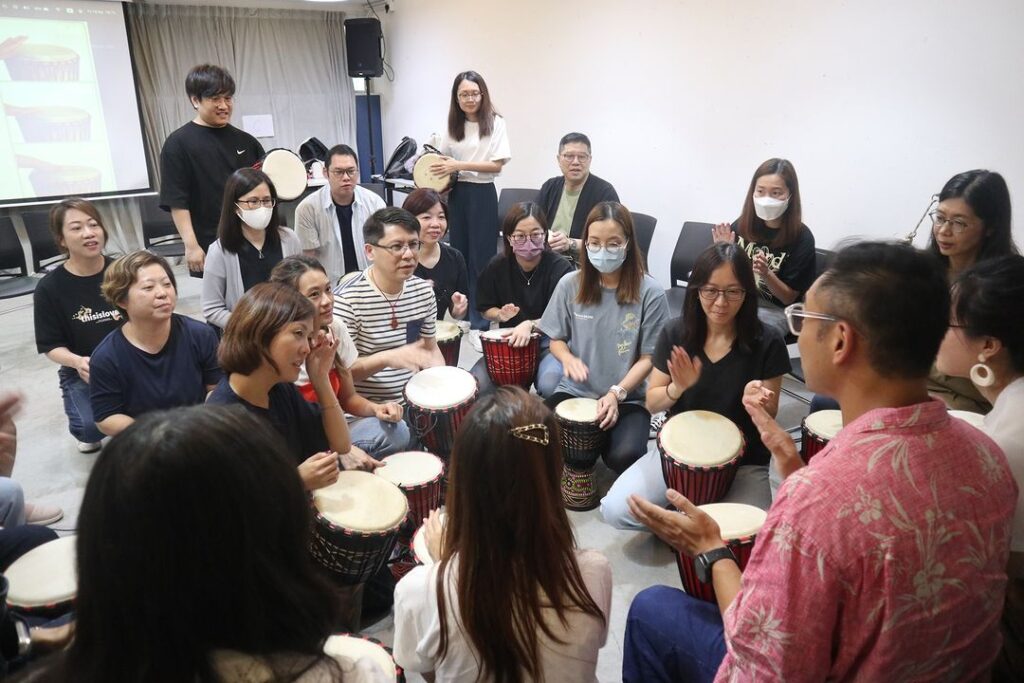
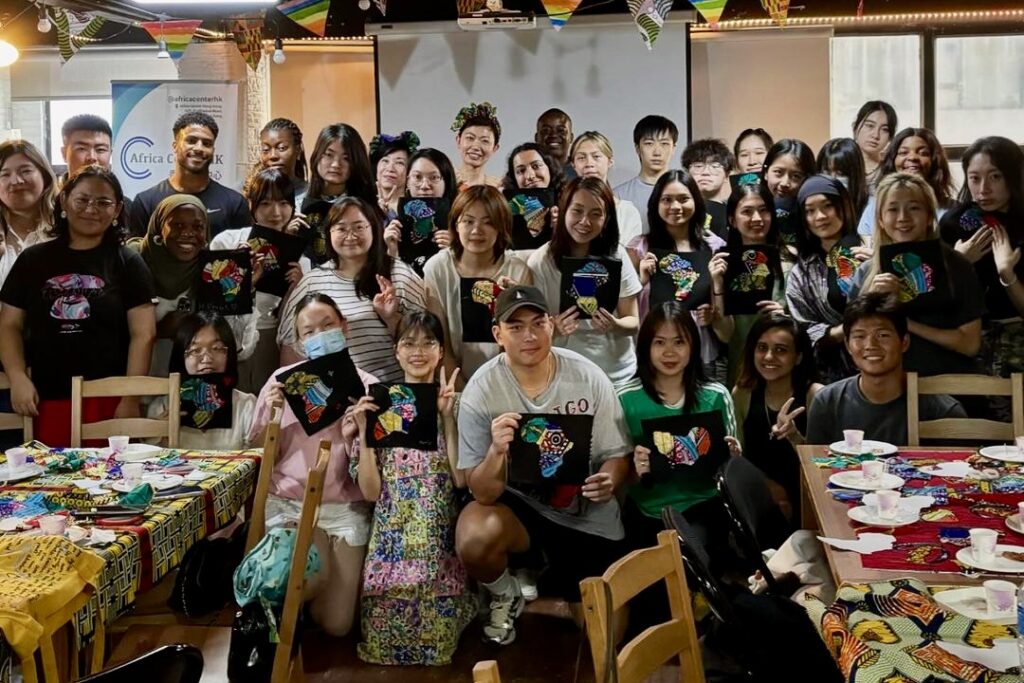
Innocent, when and why did you found Africa Center Hong Kong? Has what you set out to do then changed in any way?
Innocent: I founded Africa Center in 2019 with the mission to rebrand blackness.
The African brand has not been a sexy brand for many years. A large part of that is how the story of Africa has been presented. So I founded Africa Center in 2019 with the mission to rebrand blackness. We just felt the world was changing and it’s less and less of a Western-dominated world. We wanted to take ownership of the narrative of Africa and tell people the correct story.
We’re trying to challenge those notions through food, education, arts, and different entertainment programs. We package these programs in different ways: as team-building activities, a solution to address mental health, community-building initiatives and so on. That’s how we rebrand ourselves.
Now, five years later, the mission is still the same. It’s how we approach it that’s evolving. We moved from finding different ways and mediums to tell our stories, to offering things beyond storytelling. With time, we started to focus on bringing solutions to address some of the local issues, like aging, mental health, or other related issues.
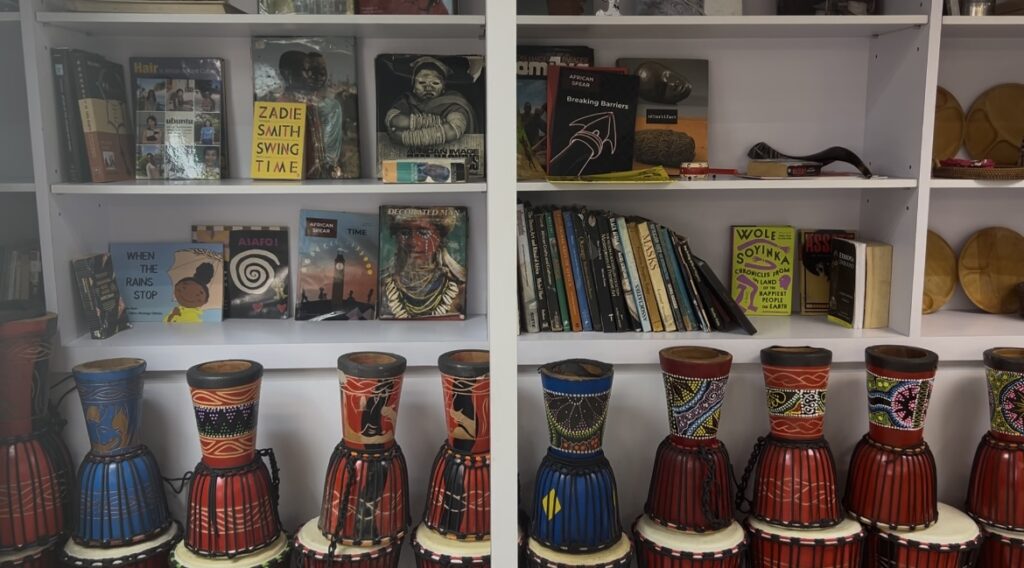
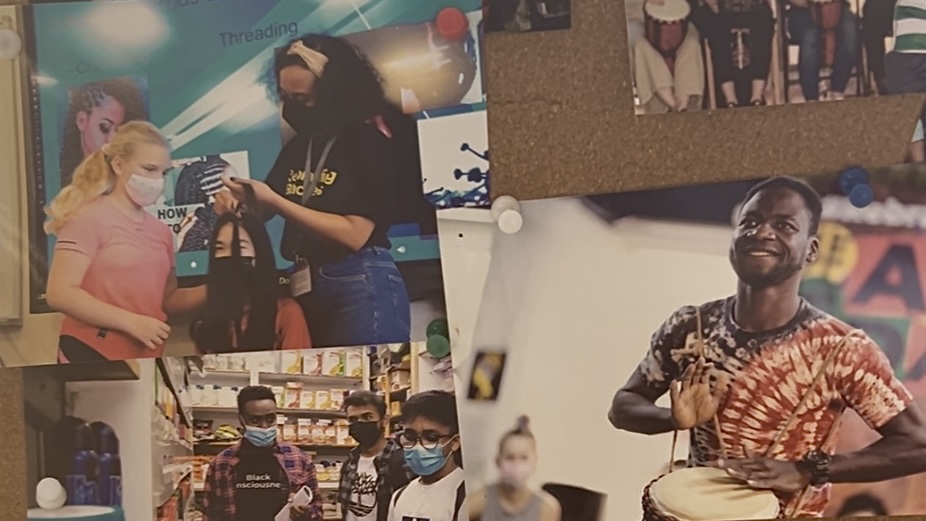
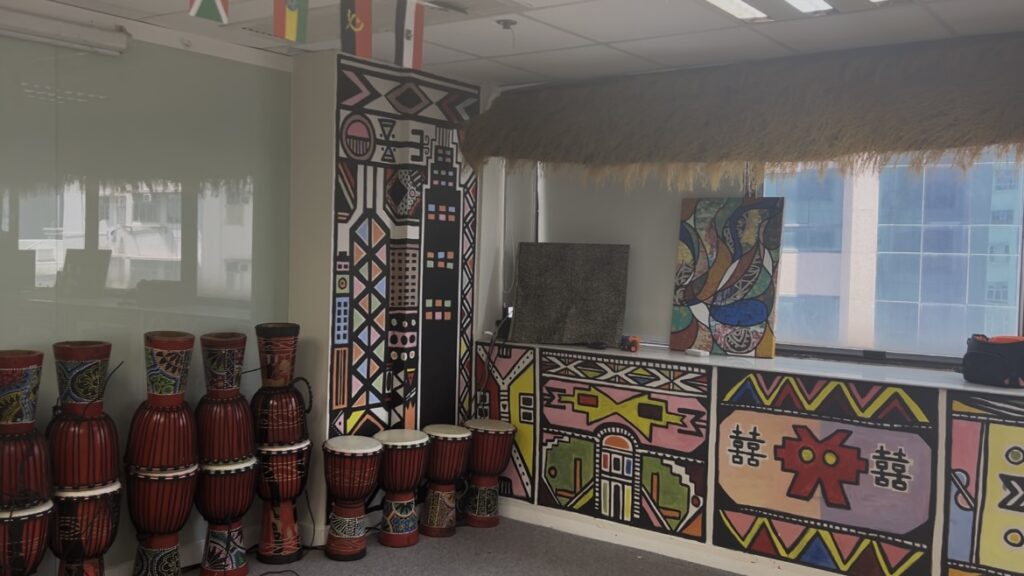
Could you describe the major milestones in ACHK’s work in terms of cultural exchange and social inclusion now that it is celebrating its fifth year running?
Innocent: When we started five years ago, we didn’t have any relationship with any schools. Now we’ve worked with almost every international school in Hong Kong and a number of international companies as well. The next step, where we still have a lot more work to do, is connecting with local communities.
Also, we’ve moved to a new, bigger space. That means we can accommodate more people and they love the new space. More organizations are willing to rent our space for their activities. We can also run multiple simultaneous projects at the same time. Before, we could only focus on one at a time, but now we can be in three schools at the same time. I think we’ve improved and have become smoother in our operations.
What is the best part of being in ACHK?
Pamela: My favorite part is definitely the activities that we do here. For example, I’ve started teaching people in our drumming classes. Another one is having tours to the Chungking Mansions and the mosques. I’ve never been to a mosque before so the tours are fun. Also, I always look forward to talking to different people when we go to Chungking.
Tinotenda: If I were to choose one particular thing, I would say it’s working with people from different backgrounds. It makes you realize that there’s only so much you can do as an individual, and that there’s so much more you can achieve with a team around. It’s always nice to have people around you who share the same vision and are trying to achieve the same things.
Innocent: The best part is the community. We strive to provide a space that’s judgment-free; a space that people can express themselves and be who they think they are. And of course, great food. We always say, “When the Africans gather, or when there’s a gathering within an African context, you can’t not have food.” The community, friendships, people we meet, plus the food are probably some of the best aspects.
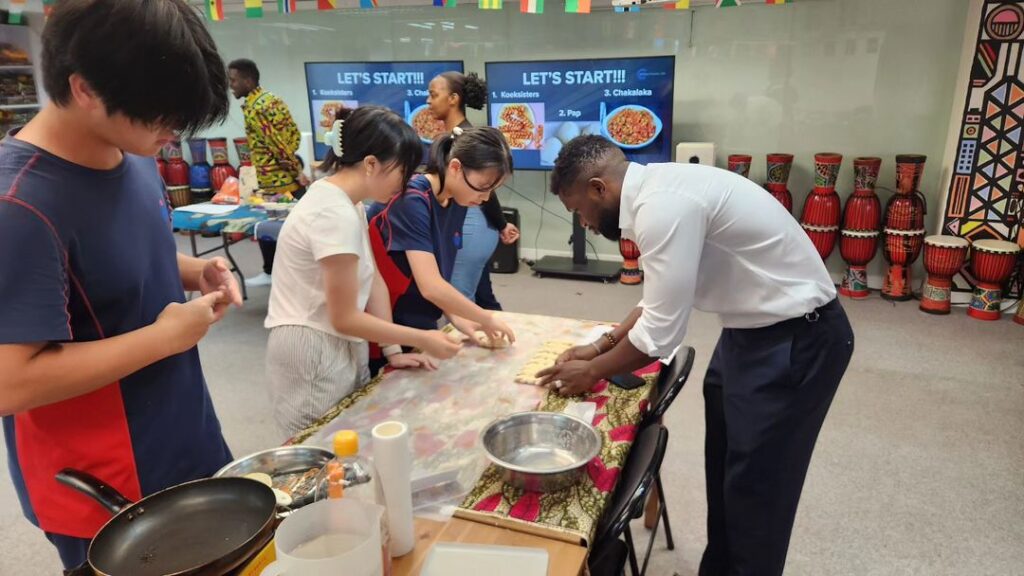
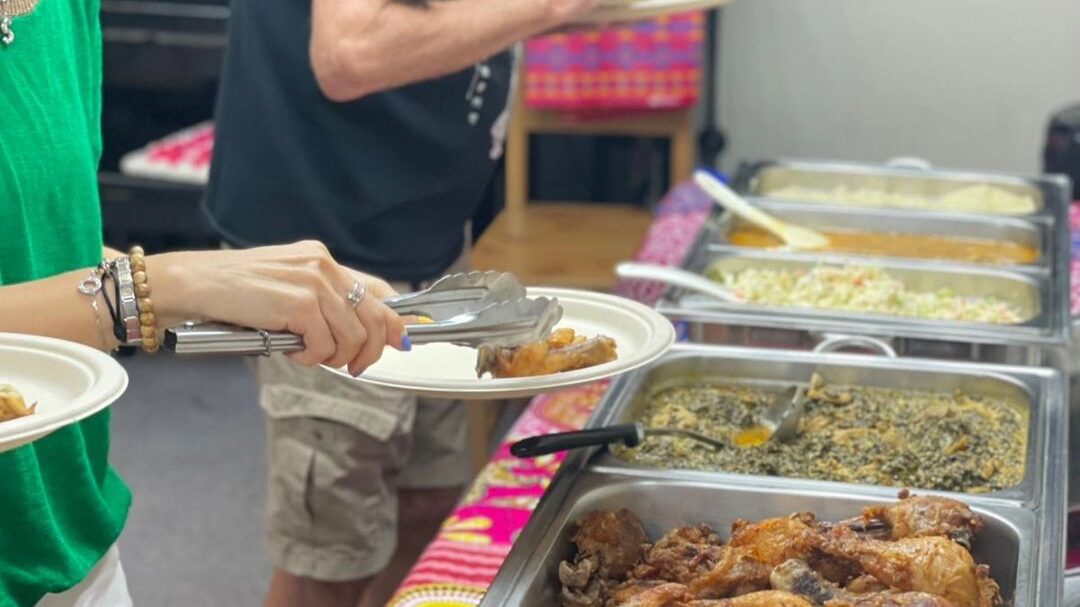
Why did Africa Center Hong Kong partner with FSI for the Mentorship Program for Ethnically Diverse Entrepreneurs?
Innocent: We have been seeing more Africans venturing into entrepreneurship and we see that there is a gap in terms of resources and network. We are also pushing for the community to start businesses, hire people from the community, and fight poverty through that.
When FSI came into the picture, we just felt like it was natural that we partner and help to enable the initiative and the passions that we have for the community.
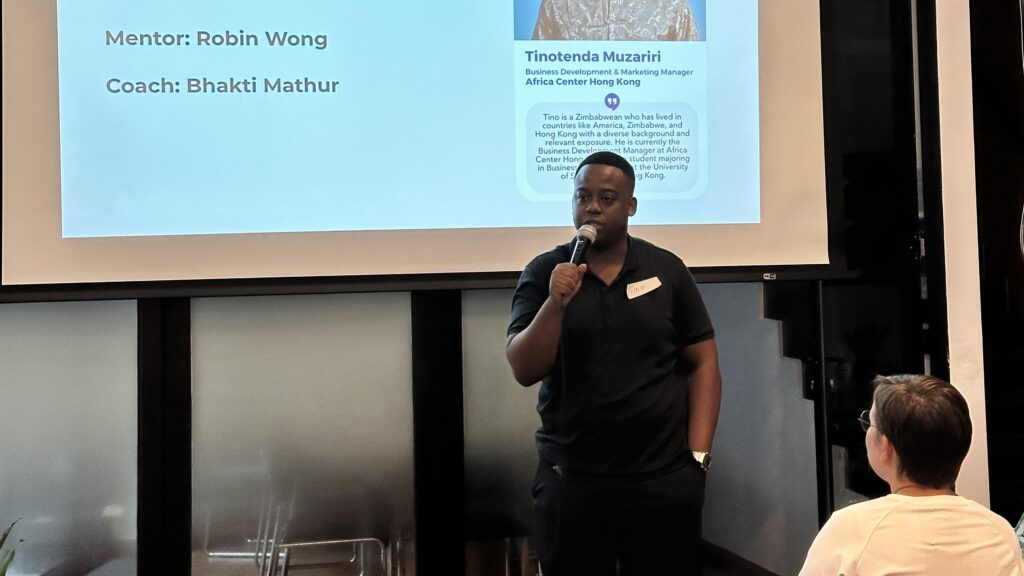
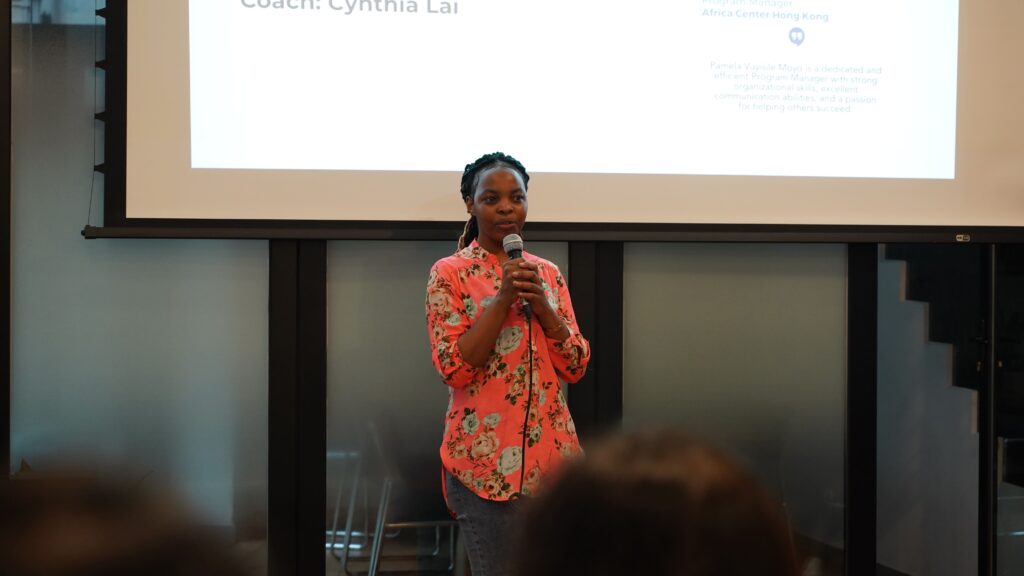
Pamela and Tino, why did you join this year’s FSI Mentorship Program as a mentee? Are there any specific things you’re looking to learn or achieve by next March?
Pamela: I joined the program because after I graduated, I didn’t really go into the field I had studied for. When I came to Hong Kong and started working at Africa Center, I had to learn how to carry out the role of becoming a Program Manager and an entrepreneur. It comes with a lot of responsibilities and leadership.
When we get to March, I want to be someone who has good leadership skills and the ability to communicate really well since it’s my first time leading a team. That’s something I’m learning in the program right now.
Tinotenda: Recently, I was moved to the business development side of Africa Center, which is still a new official department. I figured it was the best time to join and get more guidance as I settle into my new position. I’m still growing and still in school. I feel like this is the time for me to really put myself out there and absorb whatever I can.
Even though there might be other mentorship schemes available, FSI’s program has a uniqueness that you won’t typically find in Hong Kong. I’ve worked with Vivian and her team in many projects, so when they decided to have this initiative again, I knew that they really have other people’s interests at their heart. That’s why I decided to join the mentorship program.
To be quite honest, even as people see the confident side of me, I am also afraid of change. I feel like Hong Kong is forever changing; it’s a volatile environment. I would like to be able to adapt and be more open-minded. Basically, I want to have less of a tunnel vision, which is another skill I aim to gain at the end of the Mentorship Program.
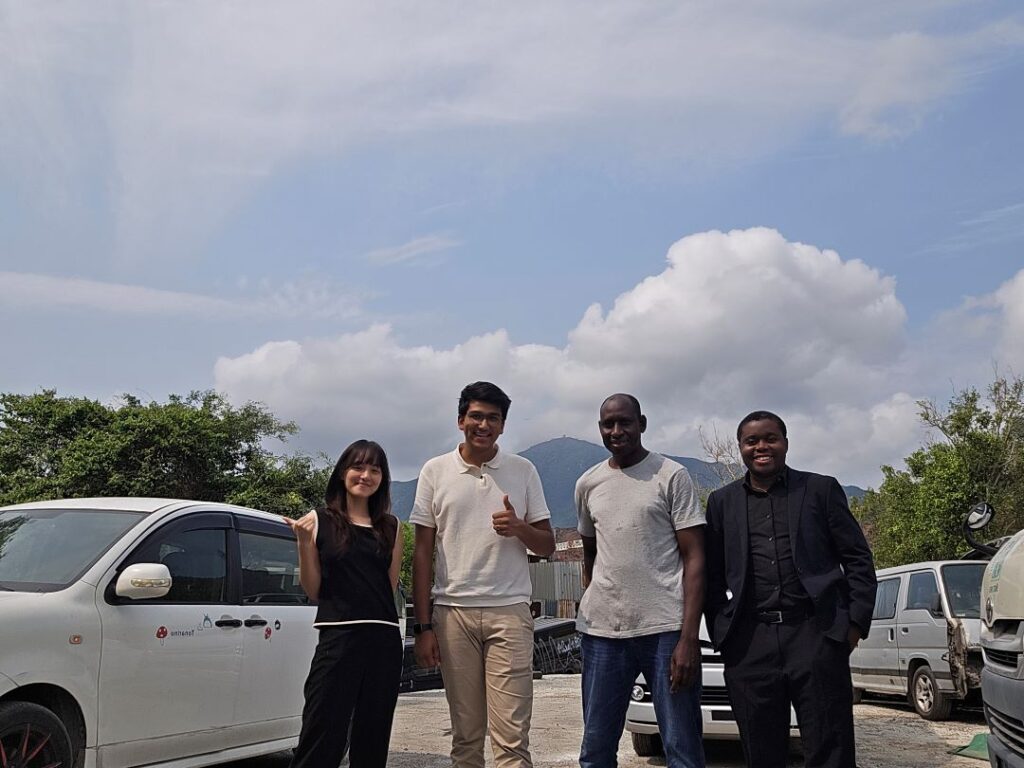
Innocent, you’ve been a mentor in this program for two years. What made you return this year?
Innocent: I think I found it inspiring to talk to entrepreneurs. It reminds me of myself as well – I was in that place at some point. I came back because I think it’s an interesting community. The passion, the motivation – it’s inspirational. It pushes me to remind myself of the early days, of the first time I fell in love with entrepreneurship. I also just love to assist other people who are where I was with whatever I can.
Last year, you went out of your way to help Kebba Jallow start his business even though he wasn’t your mentee. What prompted you to do that?
Innocent: I’m a crazy growth fanatic. When I see growth, I want to be involved in it. It’s like joining the winning team.
I saw hunger in Kebba. I saw his desire to grow, to improve, to learn, and his resourcefulness. I could help him to navigate some of those unique challenges he faces that I faced as well as somebody who is black from Africa. There is no need for him to walk through the exact same path when he could stand on my shoulders. No need to suffer through the same things.
Pamela and Tino, you’re just about a month into the program. How is your experience so far?
Pamela: My experience so far has been good because my mentor and my coach give me good advice. They lead me in the right direction and the team at FSI are helping me have consultations almost every week to tackle what I’m doing. I think so far, it has been really good.
Tinotenda: So far so good, honestly speaking. I like how it’s somewhat direct; we’re there for a reason. I’ve also realized that deep down, we all have ideas and can think outside the box. But sometimes you just need confirmation or that extra push from someone who’s actually done something. Having a mentor or coach to tell you that it’s possible because they’ve done it before gives you assurance.
It’s always nice to have someone guide you through so that you feel like you’re on the right path and you’re not getting lost. It gives you confidence that you might not get if you were to work just on your own.
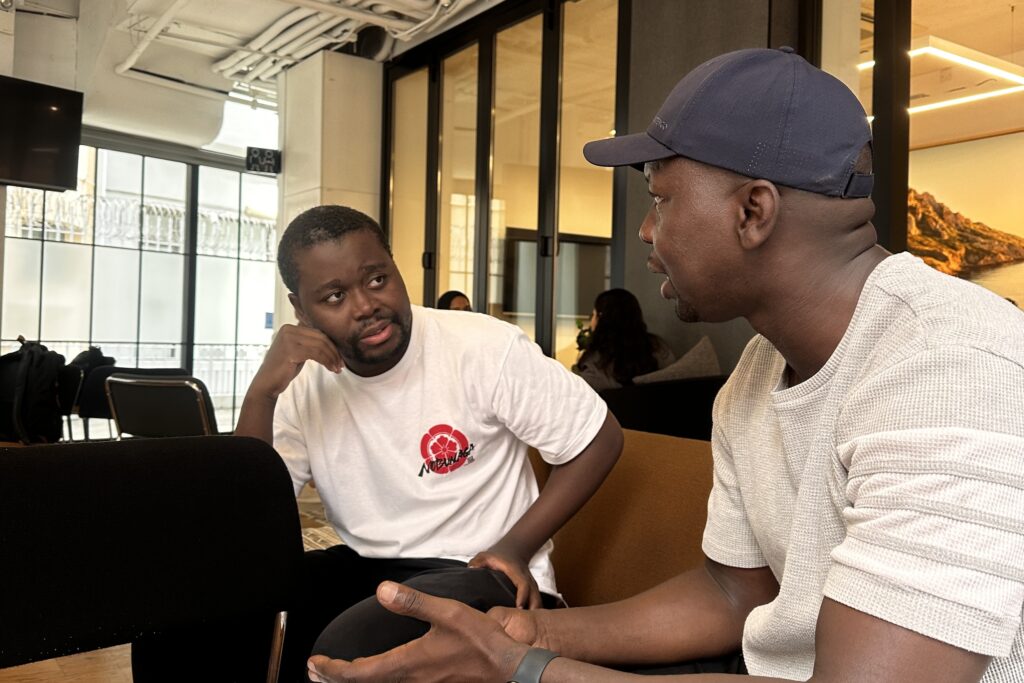
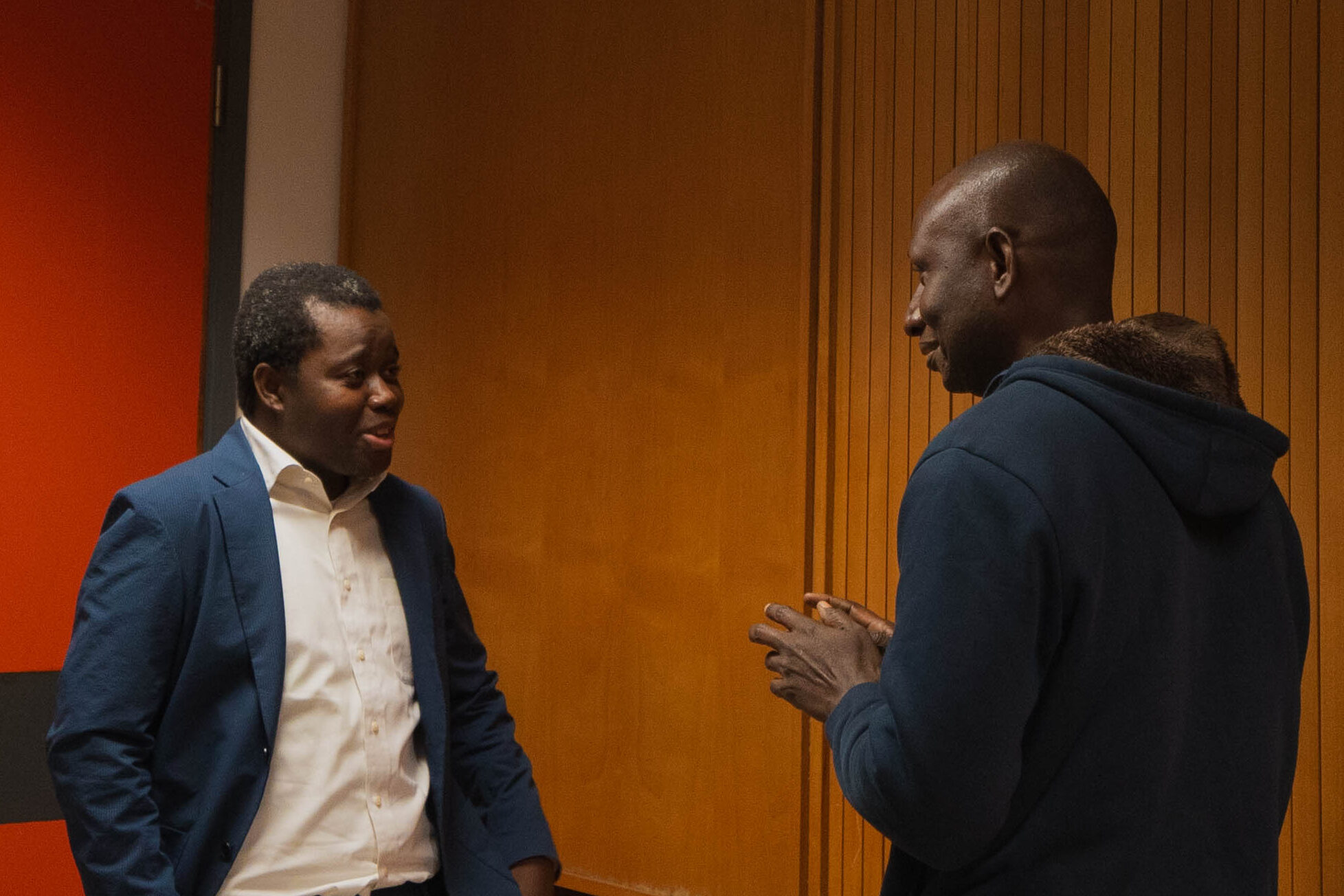
How would you describe FSI’s mentorship program and community of ethnically diverse entrepreneurs?
Innocent: I would say there’s passion and desire to change the status quo, to make their communities better. Here, I rarely see somebody who is an entrepreneur just to be rich. They want to make a change in their community.
So there is that social impact angle to a lot of the entrepreneurs that I’ve encountered in this program, and I love that. I don’t like to help somebody who just wants to become rich. But somebody who wants to change themselves, change the community, and have a social impact – that’s really what I see mostly.
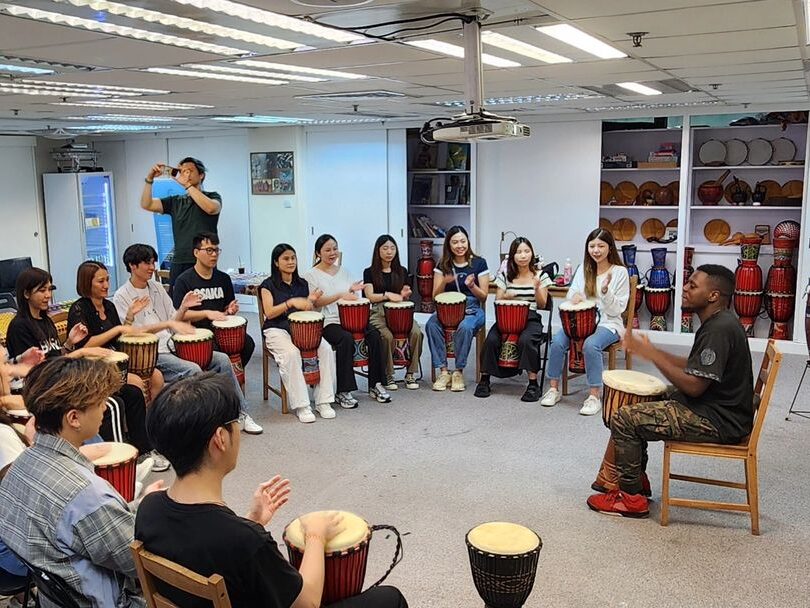
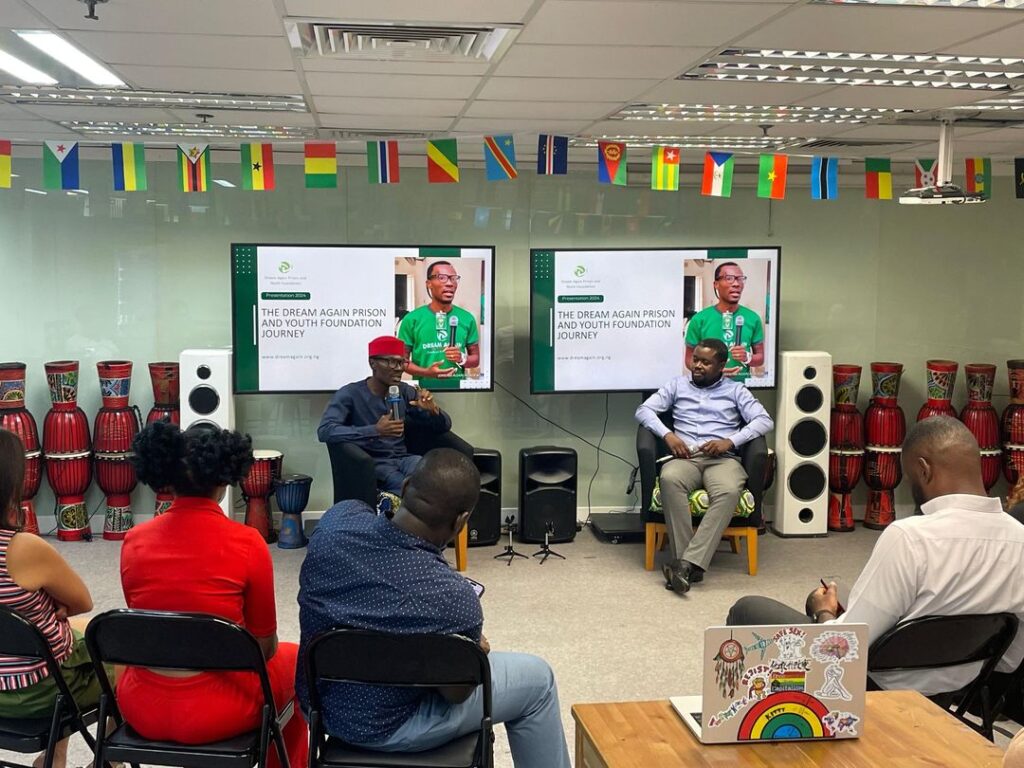
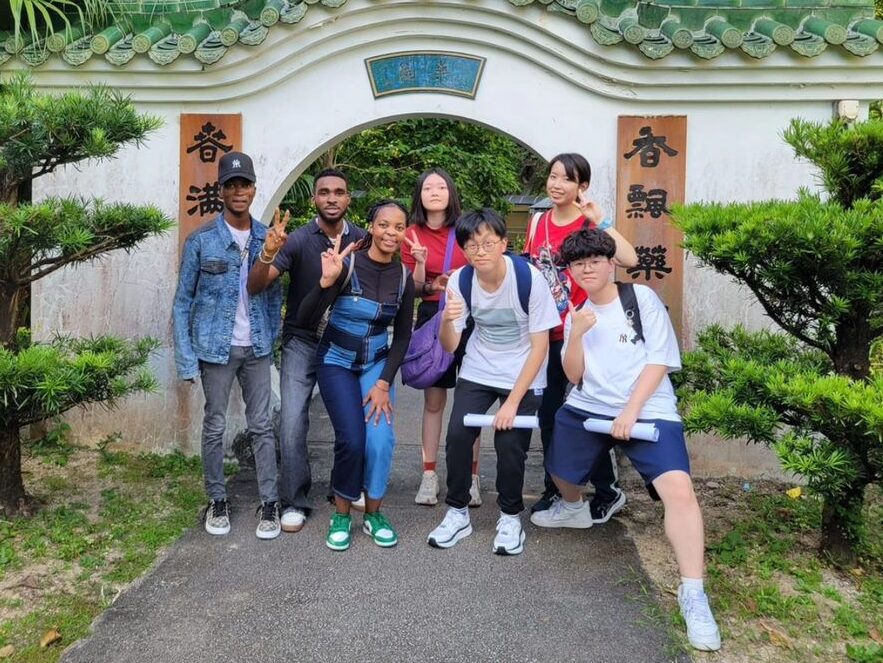
How would you say your vision for Africa Center aligns with FSI, and how does that help you maintain the continuous relationship with FSI?
Innocent: Whether we engage with entrepreneurs or students, we are more passionate about building their capacity and scale to push their businesses forward. When I saw what FSI was doing, I just felt like it was in the same direction as well.
I strongly believe that empowerment must come first before integration. A lot of times people want to integrate first. But once you integrate people who are not empowered, you create second-class citizens.
If you empower first through entrepreneurship, when you integrate with the community, you are integrating people with power. And then people become equal citizens. So, I just switched largely in that direction where we find those entrepreneurs, support them, and not so much focus on integration.
A lot of the projects around minority or ethnically diverse communities in Hong Kong are largely about integration and teaching Cantonese. But that perspective itself is an assumption that something is wrong within the minority community, suggesting that they need to be fixed.
I felt like Africa Center and FSI aligned in that we don’t see ethnically diverse communities as problems to be fixed, but as solutions that need to be explored and brought to the table to make Hong Kong a better place altogether.
What’s something you’ve learned during Africa Center Hong Kong’s partnership with FSI?
Innocent: One thing I’ve learned is telling your story with impact—impact on your business, impact on the community, and impact on the listener. Being able to balance that with promoting yourself and your business is really good. You can’t just say, “Let me inspire a person.” You have to think, “How is that going to come back to me?”
What’s your idea of a truly diverse, inclusive, equitable Hong Kong?
Innocent: In Hong Kong, the main problem is inclusion. I think people assume having people from different cultural backgrounds and diversity is enough, but that’s not the case.
A truly inclusive society is where everyone feels like they have an equal share of the space, where somebody feels like they can express themselves without the fear of backlash. For example, you can have everybody on the MTR. But does the ethnically diverse person feel like they share equal ownership to that space? That’s another question.
Pamela: A job shouldn’t be made specifically for someone, or say some people do not qualify because they do not come from Hong Kong. I think that everyone’s voices should be heard in whatever they’re doing. It’s something that is achievable, but we still have a long way to go.
Tinotenda: It’s making Hong Kong more of an equal environment, giving an equal platform for people to excel or further themselves here. It’s basically about being an environment where color, background, accents, and language shouldn’t be a means to separate people. When one can be noticed for who they are and what they bring to the table. That’s when we can truly say we have a diverse and inclusive environment.

